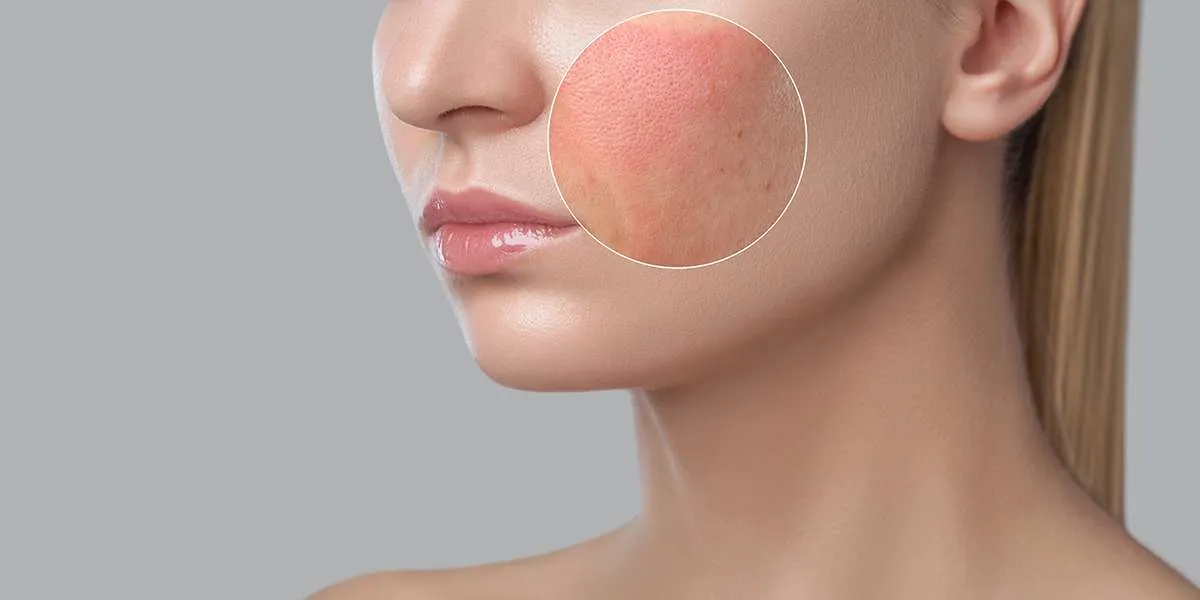Your skin often sends signals when something isn’t quite right. From stubborn acne to unexpected rashes, skin concerns can impact not only your appearance but also your confidence and overall well-being. Dermatologists are trained to diagnose and treat a wide range of skin, hair, and nail conditions. Let’s explore four common issues that dermatologists treat.
Acne and Acne Scars
Acne is one of the common conditions that dermatologists treat. This skin condition occurs when hair follicles become clogged with oil and dead skin cells, leading to whiteheads, blackheads, and inflamed bumps. A dermatologist evaluates the severity of acne and develops a treatment plan that may include topical medications, oral antibiotics, or specialized procedures.
Acne scars often develop after severe acne heals. These scars often appear as indentations or raised areas on the skin surface. Dermatologists use various treatments to improve the appearance of acne scars, including laser therapy, chemical peels, and microneedling. The skin care doctor selects the most appropriate treatment based on the type and severity of scarring.
Eczema and Psoriasis
Eczema, also known as atopic dermatitis, causes red, itchy, and inflamed patches of skin. This condition often affects children, but it also occurs in adults. A dermatologist identifies triggers that worsen eczema and prescribes medications to control symptoms and prevent flare-ups.
Psoriasis is an autoimmune condition that causes skin cells to multiply faster than normal. This leads to thick, scaly patches that appear red or silver. The condition affects different parts of the body, including the scalp, elbows, and knees. A dermatologist uses various treatments, including topical medications, light therapy, and systemic medications, to manage the symptoms of psoriasis.
Skin Cancer Screenings and Treatment
Skin cancer is one of the serious conditions that dermatologists diagnose and treat. Regular skin cancer screenings help identify suspicious moles or growths early when treatment is most effective. During a screening, the dermatologist examines the entire body for any unusual spots or changes in existing moles.
When skin cancer is detected, dermatologists use various treatment methods depending on the type and stage of cancer. These treatments include surgical removal, Mohs surgery, cryotherapy, and radiation therapy. Mohs surgery is particularly effective for certain types of skin cancer because it removes cancer cells while preserving healthy tissue. Prevention education is also a key part of dermatological care. A dermatology physician teaches patients about sun protection, proper sunscreen use, and how to perform self-examinations at home.
Hair and Nail Disorders
Hair disorders affect a significant number of people and include conditions such as hair loss, dandruff, and scalp infections. A dermatologist diagnoses the underlying cause of hair problems and develops appropriate treatment plans. Hair loss, for instance, has various causes, including genetics, hormonal changes, and medical conditions.
Nail disorders also fall under dermatological care. These conditions include fungal infections, ingrown nails, and nail psoriasis. The skin and hair expert examines the affected nails and surrounding skin to make an accurate diagnosis. Treatment may involve topical medications, oral medications, or minor surgical procedures.
Book a Dermatologist Appointment Today
Dermatologists play a fundamental role in maintaining skin, hair, and nail health. They treat a wide range of conditions, from everyday issues like acne and eczema to serious concerns like skin cancer. Regular visits to a dermatologist help detect problems early and prevent complications. For persistent skin, hair, or nail issues, schedule an appointment with a qualified dermatologist for a professional evaluation and personalized treatment plan.
- Strategies for Managing Anxiety in Everyday Situations
- How to Choose the Right Psychiatrist for Your Needs
- How Automotive Window Tinting Enhances Safety, Comfort, and Vehicle Longevity
- Understanding the Different Types of Psychiatrists and Their Specialties
- Modern IT Solutions for Small Businesses: Navigating the Digital Landscape



